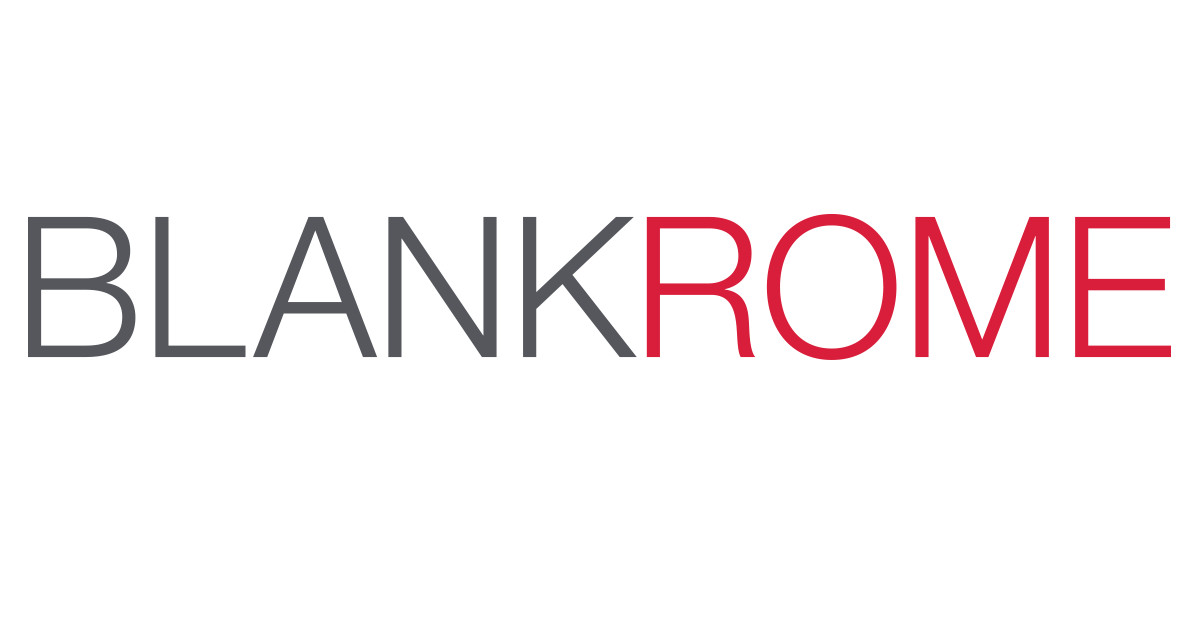
My point still stands.
Of course it doesn’t. Your point doesn’t even grasp the problem. You think the problem is that fedi users have (or have not) entitlement to content. It’s a red herring. You cannot begin to solve a problem you do not understand. It does not matter who is “entitled” to the content. The content is exclusive; locked inside a walled-garden with a gatekeeper. The problem is that exclusive access content is being linked on an open content platform and shoved in the face of readers who do not have access to the closed content.
The moment you are using someone else’s platform
Again, you still fail to grasp the problem. Using someone else’s platform is not a premise. You can either be on someone else’s node or you can be on your own self-hosted node. Either way, exclusive links are in the reader’s face.
How can you get so many things wrong… then you claim using one platform inherently revokes rights outside that platform – of course not. Irrelevant regardless, but rights granted on one platform do not diminish rights on another.
you loose the rights to the content outside of that platform.
It’s not about “rights”. That’s a legal matter. It’s about digital inclusion (a technical matter). People don’t want to see links that exclude them. It’s just pollution.







Down-voting every youtube link is indeed the only individual action that can be taken in the current system. It could theoretically lead to a YT link being folded or sunk lower. Tricky though because people should know why their YT links get down-voted. Ideally you would be able to tell them in a response. But I think I know how that would go: people with digital inclusion principles have actually become a diluted small minority in the fedi. A flood of lemmy.world folks who would follow the crowd off a cliff would down-vote your reply and up-vote the YT link in solidarity of their favorite walled gardens.
You could DM the reason for down-voting. But then the problem does not get the exposure it needs.
The fedi has evolved like Burning Man. The movement was true to its founding principles early on but as the crowd grew over the years it became enshittified faster than a digital rights subculture could take hold.
BTW, I should mention that sh.itjust.works is also a centralised Cloudflare node.